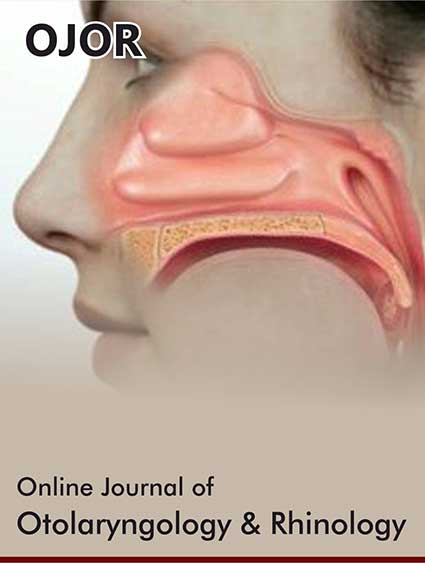 Mini Review
Mini Review
Current Perspectives in Meniere’s Disease Treatment: A Mini Review
Georgios K. Panagiotopoulos* MD MSc ΜAud/Notol ΑSCP(VSD) AuD PhD
1Athens Balance & Hearing center, Private ENT practice, Greece
Georgios K Panagiotopoulos, OtoRhinoLaryngologist Neurotologist, Leoforos Pentelis 37A Vrilissia, PC 15235, Athens, Greece.
Received Date: November 12, 2020; Published Date: November 20, 2020
Abstract
Meniere’s disease (MD) is a chronic heterogeneous disorder recently found to involve multiple rare and common variants in several genes. It almost always necessitates management for a sustained period of time. Treatment options focus on improving quality of life in MD patients. Control is not always easy to achieve, requiring multidrug treatments, and even surgical procedures. Migraine, dyslipidemia, obesity, diabetes, sleep apnea, hypertension, and atherosclerosis are among the major diseases that are associated with MD and often require medical management. Migraine prophylaxis and trigger elimination, magnesium supplementation, low sodium intake, diuretics, anticoagulants, and antihypertensives are among the treatments used initially. Steroids administered orally or intratympanically are used if medical control is not beneficial. Ablation remains the definitive treatment in unilateral cases experiencing management failure, thus facilitating a customized vestibular rehabilitation protocol. Genetic study should be implemented especially when familial MD is considered. Proper gene variance targeting in MD can provide in the immediate future candidates for potential gene therapy.
Keywords: Meniere’s disease; Treatment; Gene therapy
-
Georgios Panagiotopoulos. Current Perspectives in Meniere’s Disease Treatment: A Mini Review. On J Otolaryngol & Rhinol. 4(2): 2020. OJOR.MS.ID.000582.





